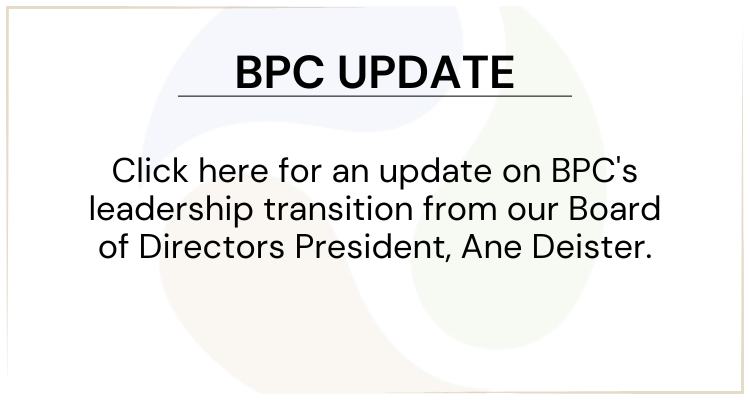On Wednesday, November 21, 2012, the International Convention on the Control of Harmful Anti-Fouling Systems on Ships, 2001 (Anti-Fouling Convention) came into force for the United States. The U.S. instrument of ratification was deposited with the International Maritime Organization on August 21.
Ratification will help ensure a level playing field for U.S. shipyards and vessels, who already abide by domestic laws banning the substances controlled under the Convention. It will also facilitate uniform standards and enforcement for U.S. and foreign vessels.
Anti-fouling systems are typically coatings or paints used to prevent sea life such as barnacles and algae from attaching themselves to ship hulls. If untreated, these organisms can significantly reduce a ship’s hydrodynamic performance, decreasing speed and increasing fuel consumption and air pollution. Anti-fouling systems are thus critical to efficient ship operation. However, some of these compounds, particularly those containing organotins, can pollute sea water and harm marine life, including commercially important species.
More information and documents on U.S. and international efforts are on our updated webpage at http://www.uscg.mil/hq/cg5/cg522/cg5224/antifoul.asp

